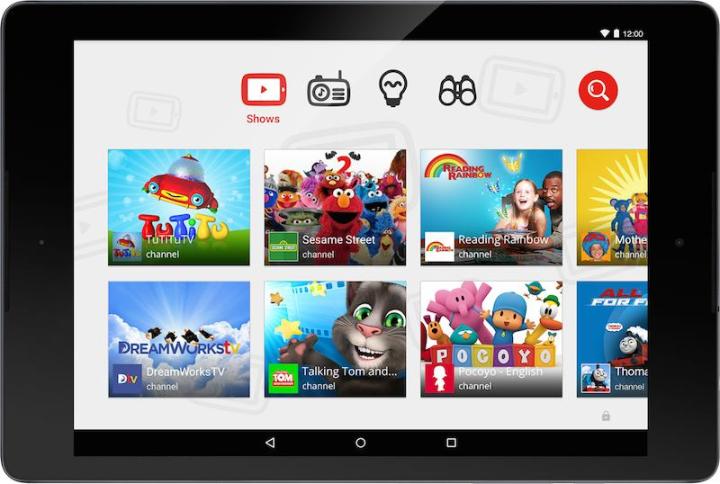
At least eight organizations, among them the Center for Digital Democracy, the Campaign for a Commercial-Free Childhood, and the Consumer Federation of America, are expected to file a complaint with the Federal Trade Commission (FTC) on Tuesday claiming the mobile app mixes content to such an extent that it’s sometimes hard to tell if it’s genuine programming or advertising.
It’s believed the consumer groups will call for the current regulations, which stipulate how TV ads are presented to children, to be applied to digital media, too.
YouTube Kids, which launched for Android and iOS devices just seven weeks ago, is supposed to be a family-friendly version of the popular video streaming site, offering child-focused content through an easy-to-use interface. But having had a chance to properly evaluate the app, consumer groups have found fault with the service and decided to band together to voice their concerns.
Commenting on Google’s new software, Josh Golin of the Campaign for a Commercial-Free Childhood said that YouTube Kids “exploits children’s developmental vulnerabilities by delivering a steady steam of advertising that masquerades as programming.”
McDonald’s
McDonald’s, Mattel, and Hasbro are three big-name companies that’ve so far paid to advertise on YouTube Kids. The consumer groups’ complaint cites McDonald’s content as an example of how the lines are being blurred between paid-for material and normal programming. It claims the fast-food giant is showing regular TV-style ads alongside content slots it says “are really promotions for McDonald’s products.”
Interestingly, groups such as Common Sense Media and the Family Online Safety Institute gave the green light to YouTube Kids when it launched in February, though it’s possible YouTube has since altered the way the app delivers content.
Plans for more child-focused apps
The action is likely to come as a blow to the Mountain View company, not least because it’s the first Google product built from the ground up especially with children in mind. There are plans for more child-focused versions of Google products, but the company will probably feel the need to address these current concerns before it starts thinking about rolling out such apps.
Speaking to the LA Times about the consumer groups’ expected action, a YouTube spokesperson insisted the company had consulted many child advocacy and privacy groups when developing the software, adding, “We are always open to feedback on ways to improve the app.”


